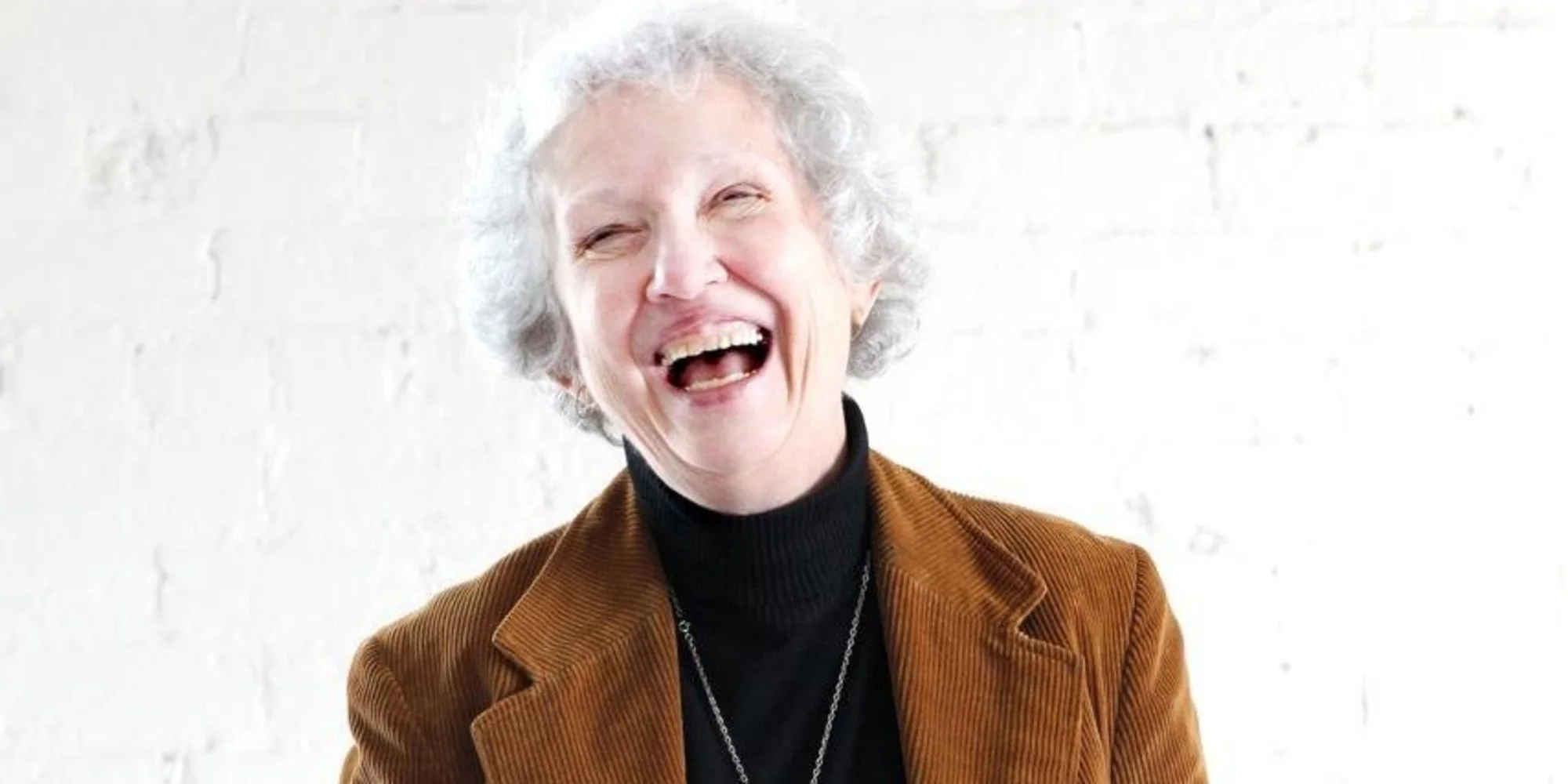Existentialism and Religion: Jonathan Judaken
Today, we discuss the patterns that underpin prejudice, existential philosophy, and religion.
Existentialism had its rise during the mid-19th century, and became one of the best-known philosophical movements of the 20th century. Despite its relative popularity, however, it is difficult to give one definition for what existentialism is or what its adherents stand for.
Often associated with atheism or agnosticism, existentialism has been widely regarded as inconsistent with religious belief. Our guest, Jonathan Judaken, agrees that this is one facet of existentialist thought, but makes the case that, with Kierkegaard and Dostoevsky as examples, we can speak of a robust religious existentialism as well.
Dr. Jonathan Judaken is a scholar and an expert of existentialism, and often engages existentialism as a lens for examining questions of religion, and race. Judaken is the Spence L. Wilson Chair of Humanities at Rhodes College in Memphis, TN. He is the co-editor of Situating Existentialism: Key Texts in Context and the editor of Race after Sartre. He is the author of Jean-Paul Sartre and the Jewish Question: Anti-antisemitism and the Politics of the French Intellectual. He hosts the radio show Counterpoint on WKNO public radio here in Memphis.
Please note: we had some minor difficulties with the interview audio, making the signal slightly noisier than usual. Our apologies, and we are working to make sure it does not happen again.
Also on the Show
Our senior producer, Katy Scrogin, reviews The Myth of the Muslim Tide: Do Immigrants Threaten the West? by Doug Saunders.





